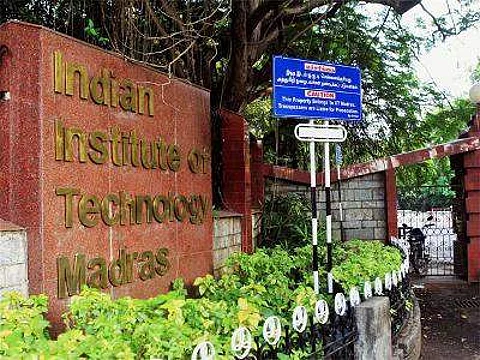

The second phase of the ‘Carbon Zero Challenge’ was recently launched at Indian Institute of Technology Madras. Personalities from academia, venture capitalists and entrepreneurs took part in the event.
The Carbon Zero Challenge is a pioneering initiative by the IIT-Madras and Industrial Waste Management Association (IWMA), in collaboration with the U S Consulate General Chennai, Polaris - A Virtusa Company, Shaastra 2018 and Energy Alternatives India (EAI), to identify innovative and indigenous solutions to India’s unique energy problems.
The name 'Carbon Zero' signifies our collective humanitarian goal of reducing dependence on Carbon-based fossil fuels and minimising Greenhouse Gas Emissions. This attempt to seek out innovative low-carbon energy solutions is a small step towards achieving this grand objective.
The challenge has invited students and early stage entrepreneurs from Tamil Nadu, Kerala, Karnataka, Puducherry and the Andaman and Nicobar Islands, to isolate problems in five thematic areas and develop solutions to the same. The areas chosen are Agriculture, Urban Areas/Cities, Transportation, Industrial Processes and Water and Waste Management.
Prof Sandipan Bandyopadhyay, Assistant Professor, IIT Madras
In Phase One, over 530 teams had submitted a proof-of-concept solution in the form of a video or presentation along with a 2-page abstract, out of which 57 belonged to agriculture, 149 to industries, 73 to transportation, 125 to urban areas/cities and 126 to water and waste management.
The top 26 teams were shortlisted for the Phase II during which they will be receiving up to Rs 5 lakhs each for building prototypes. They will also be paired with mentors from India and the US, who will guide and motivate them in building a prototype of their idea over a period of 6 months and will also help them prepare a business model. The challenge will culminate in a ‘Demo Day’, which will see attendance by experts from industry and academia. The best solutions will receive prizes in cash and kind, and all the teams will be provided with opportunities to interact with investors and researchers to further develop their ideas.
